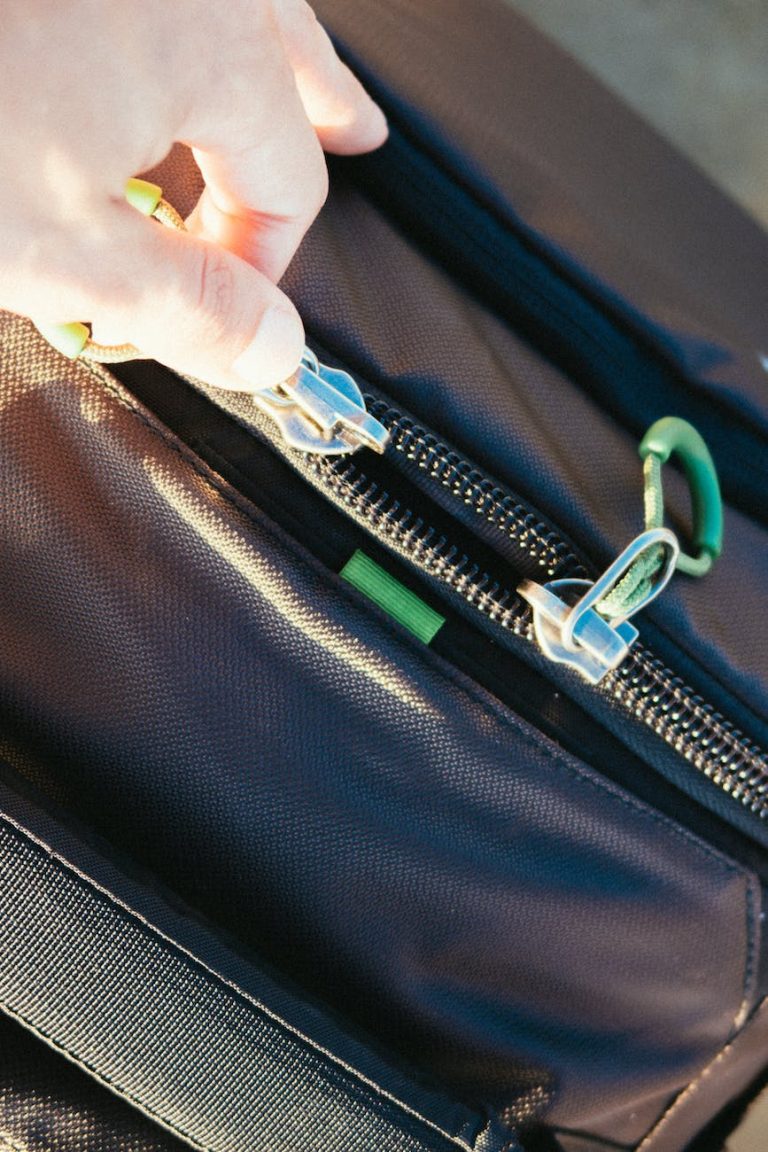The suitability of CIF (Cost, Insurance, and Freight) or FOB (Free on Board) terms for your Chinese luggage supplier depends on various factors and your specific business requirements. Let’s understand the differences between CIF and FOB and consider their implications:
- CIF (Cost, Insurance, and Freight): Under CIF terms, the supplier is responsible for the cost, insurance, and freight of the goods until they reach the named port of destination. The supplier arranges and pays for the transportation and insurance, providing you with a complete price that includes these expenses.
Advantages of CIF:
- Simplicity: CIF provides a straightforward pricing structure, as the supplier handles shipping and insurance arrangements.
- Reduced risk: The supplier bears responsibility for the goods until they reach the port of destination, minimizing your risk during transportation.
Disadvantages of CIF:
- Less control: With CIF, you have limited control over the shipping process and carrier selection, as the supplier makes these decisions.
- Higher costs: CIF pricing generally includes transportation and insurance costs, which may be higher due to the supplier’s margin and potentially less favorable arrangements.
- FOB (Free on Board): Under FOB terms, the supplier is responsible for the goods until they are loaded onto the vessel at the named port of shipment. Once loaded, the responsibility and costs of shipping and insurance transfer to the buyer.
Advantages of FOB:
- Control and flexibility: With FOB, you have more control over the shipping process, carrier selection, and associated costs.
- Potentially lower costs: As you handle the shipping arrangements directly, you can negotiate better rates and choose more cost-effective options.
Disadvantages of FOB:
- Increased responsibility: With FOB, you assume the risks and costs associated with transportation and insurance from the port of shipment, which adds more responsibilities and potential liabilities.
- Complexity: FOB requires you to manage shipping logistics, documentation, and customs clearance, which can be time-consuming and requires expertise.
Considering these factors, here are some considerations when choosing between CIF and FOB for your Chinese luggage supplier:
- If you prioritize simplicity and reduced risk, CIF may be suitable. However, keep in mind that you might have less control over the shipping process and incur potentially higher costs.
- If you prefer more control over shipping arrangements, carrier selection, and potentially lower costs, FOB may be a better option. However, it requires you to handle logistics and assume more responsibilities.
Ultimately, the choice between CIF and FOB depends on your specific business needs, expertise in international shipping, cost considerations, and risk tolerance. It’s advisable to consult with your supplier, freight forwarders, and legal advisors to make an informed decision based on your circumstances.
No matter what kind of trade mode we use, we are in order to better cooperate with each other.






